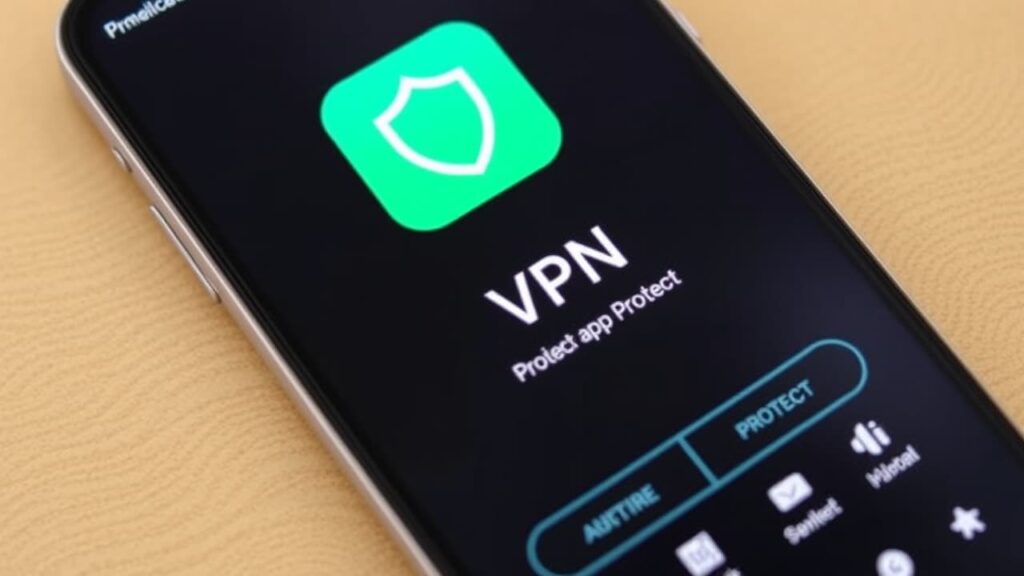JavaScript has become a cornerstone in modern web development, significantly transforming how developers create dynamic and interactive user experiences. Its ability to manipulate the Document Object Model (DOM) allows developers to update the content, structure, and style of web pages in real-time, without requiring a page reload. This capability is crucial for creating seamless user interactions, such as form validations, interactive maps, and real-time updates in web applications. JavaScript’s versatility extends beyond the browser, with environments like Node.js enabling server-side scripting, thereby allowing developers to use a single programming language across the entire stack. Additionally, the vast ecosystem of libraries and frameworks, such as React, Angular, and Vue.js, empowers developers to build complex applications more efficiently. These tools provide pre-built components and functionalities, reducing development time and enhancing code maintainability. JavaScript’s role in web development is further amplified by its community, which continuously contributes to its growth through open-source projects and resources. As web technologies evolve, JavaScript remains a pivotal tool, driving innovation and shaping the future of web development by enabling richer, more engaging digital experiences.
VPN Benefits: Strengthening Cybersecurity
Virtual Private Networks (VPNs) offer significant advantages in enhancing online security and privacy, making them an essential tool for protecting sensitive data from potential threats. By encrypting internet traffic, VPNs create a secure tunnel between the user’s device and the internet, preventing unauthorized access and eavesdropping by cybercriminals. This encryption is particularly crucial when using public Wi-Fi networks, which are often unsecured and vulnerable to attacks. VPNs also mask the user’s IP address, providing anonymity and preventing websites and online services from tracking browsing activities. This feature is beneficial for maintaining privacy and avoiding targeted advertising. Furthermore, VPNs enable users to bypass geo-restrictions and access content that may be blocked in certain regions, offering a more open and unrestricted internet experience. For businesses, VPNs are vital in securing remote work environments, allowing employees to access company resources safely from any location. As cyber threats continue to evolve, the importance of VPNs in safeguarding online activities and protecting sensitive information cannot be overstated, making them a critical component of modern cybersecurity strategies.
JavaScript’s Role in Responsive Design
JavaScript plays a crucial role in responsive web design, ensuring websites are accessible and functional across various devices. As users increasingly access the internet through smartphones, tablets, and other devices, it is essential for websites to adapt to different screen sizes and orientations. JavaScript enables developers to create responsive elements that adjust dynamically based on the user’s device and browser capabilities. For instance, JavaScript can be used to detect the screen size and load appropriate stylesheets or modify the layout to enhance usability. It also facilitates the creation of interactive features, such as collapsible menus and image sliders, which improve the user experience on smaller screens. Additionally, JavaScript frameworks and libraries, like Bootstrap and Foundation, provide pre-built responsive components that simplify the development process. These tools allow developers to implement responsive design principles more efficiently, ensuring consistency and functionality across all devices. By leveraging JavaScript in responsive design, developers can create websites that offer a seamless and engaging experience, regardless of how users choose to access them, ultimately enhancing user satisfaction and engagement.
VPNs in Safeguarding Developer Environments
VPNs play a vital role in protecting development environments, allowing developers to work securely from any location. In today’s increasingly remote work landscape, developers often need to access sensitive company resources and collaborate with team members across different geographies. VPNs provide a secure connection to internal networks, ensuring that data transmitted between the developer’s device and the company’s servers is encrypted and protected from potential cyber threats. This security is particularly important when developers are working from public or unsecured networks, which are more susceptible to attacks. By masking the developer’s IP address, VPNs also prevent unauthorized access and reduce the risk of data breaches. Additionally, VPNs enable developers to access region-specific resources and tools that may be restricted in their location, facilitating a more efficient and flexible workflow. Looking for a vpn for pc can be a great start when enhancing your work environment’s security. As development teams continue to embrace remote work, the use of VPNs becomes increasingly important in maintaining the security and integrity of development environments, ensuring that developers can focus on their work without compromising on security.
Future Trends: JavaScript and VPN in Web Development

As web development and cybersecurity continue to evolve, the roles of JavaScript and VPN technology are expected to expand and adapt to new challenges and opportunities. In the realm of web development, JavaScript is likely to see further advancements in performance optimization and integration with emerging technologies such as artificial intelligence and machine learning. These developments will enable more sophisticated and personalized user experiences, as well as more efficient and scalable web applications. Additionally, the rise of progressive web apps (PWAs) and serverless architectures will continue to shape the future of web development, with JavaScript playing a central role in these innovations. On the cybersecurity front, VPN technology is expected to evolve to address the growing complexity of cyber threats and the increasing demand for privacy and data protection. Enhanced encryption protocols and the integration of advanced security features, such as multi-factor authentication and threat detection, will further strengthen VPNs’ ability to safeguard online activities. As the digital landscape continues to change, the synergy between JavaScript and VPN technology will be crucial in driving innovation and ensuring secure, efficient, and user-friendly web experiences.
